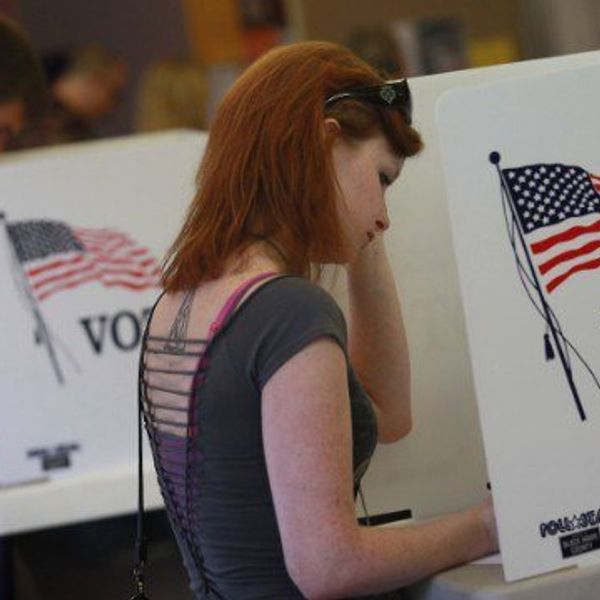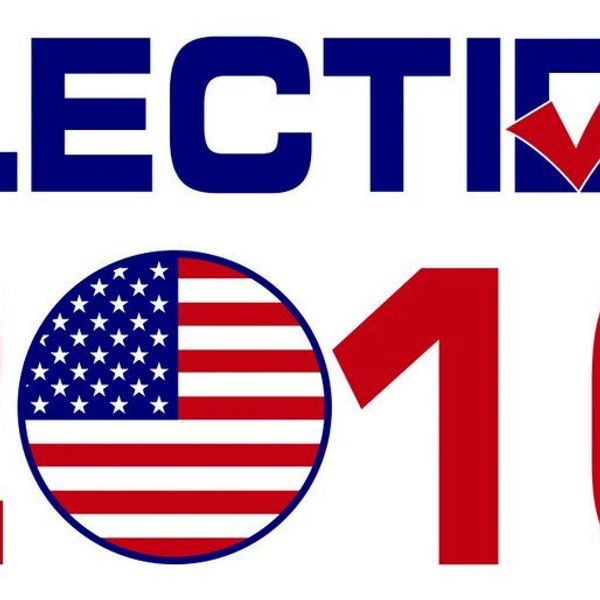As Donald Trump and Hillary Clinton solidify their positions as their respective parties’ presumptive nominees, I find myself spending a lot of time contemplating the nature of our political system. I have been studying in Paris and, for the first time in my life, have lived in another political system long enough to start comparing it to my own. One of the aspects of the American system which has struck me as the most strange is the unfortunate pairing of economic and social policies.
I have heard people cite economic reasons to vote conservative (disclaimer: I don’t think it’s legitimate, no matter what your reasoning, if there exists reasoning for it, to vote for Donald Trump under any circumstances). While, as an economics major, I take issue with much of the reasoning for conservative economic policy (Ted Cruz’s flat tax proposal was devoid of any logic), I do recognize the need for a discussion on how to reach a social optimum through taxes. Free markets are incredibly effective at delivering and improving products and improving the quality of life for many. They do not, however, account for social value that services such as education, social work and health care provide. There is a legitimate debate to be had about how to best incorporate these things into the market and provide a social safety net while simultaneously stimulating the economy. It is even legitimate to fall more on the side of a free market. Some of the best-functioning economic models in the world have large welfare states but are not overly interventionist, so as not to interfere with market equilibrium where it is effective.
That is why I find it so unfortunate that economic and social philosophies have been tied together in the United States. Social conservatives are required to vote conservatively on fiscal issues, and fiscal conservatives are required to vote conservative socially. And the same conundrum exists for liberals. In many ways, these philosophies even contradict each other. Conservatives, who are traditionally against government intervention, actually support very hands-on, interventionist social policies in denying abortions, gay marriage, what can be taught in schools, etc. That is the government directly interfering in people’s lives. Liberal social policy, on the other hand, tends toward being hands-off at its core — letting people do what they want and believe, so long as they don’t hurt others.
This unfortunate combination also leads to the existence of the infamous “socially liberal, fiscally conservative” group. This group tends to identify as “fiscally conservative” and will often vote Republican while affirming their belief in liberal social values. Were these two ideologies not tied together, this group could vote their heart on each issue. As it is, they are forced into a difficult position where they have to make a tradeoff decision between their values. When fiscal conservatives do end up making the decision to vote conservatively for fiscal reasons, they end up making the judgment that X amount of money in taxes is more important than *insert human right here.* That is, electing someone who will roll back taxes and government spending is more important than the right to marry, the right to choose, or the right to fair education.
For many people without politicized identities, politics is politics - it’s never personal. The fact of the matter is, however, that most political issues are 100 percent personal to someone. When you vote on immigration, healthcare, abortion or gay marriage, you are very literally voting on the course of someone else’s life. Call me crazy, but I just don’t think it’s okay to trade someone else’s human rights for money. So, to all fiscal conservatives, all I hear when you tell me you are socially liberal is that your money is more important to you than other people’s rights. That being said, I wish our political system didn't force you to make that choice and that, somehow, the American political system could accommodate a greater variety of opinion. Then, maybe there would be fewer people forced to choose between their money and other people’s human rights.





















